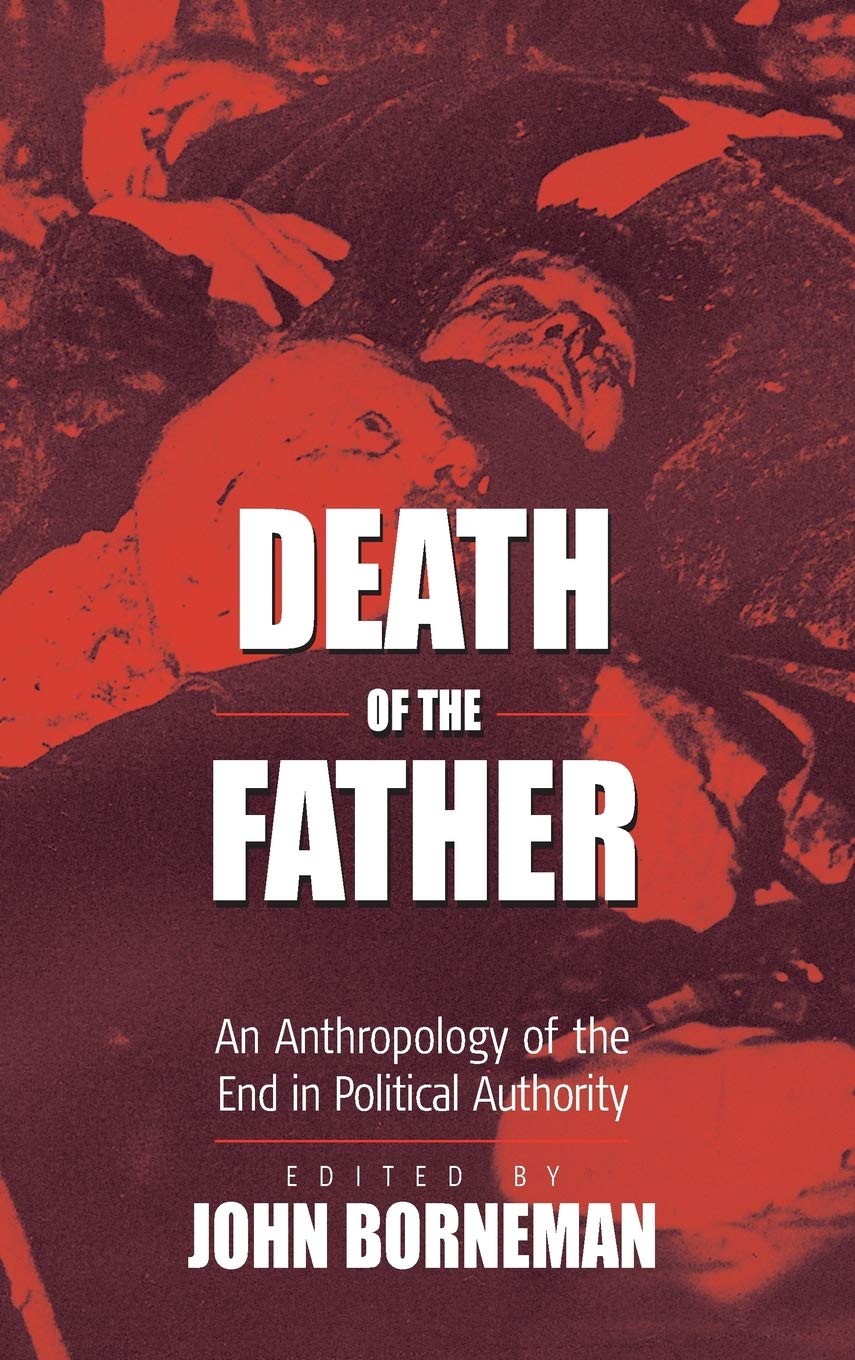

Most ebook files are in PDF format, so you can easily read them using various software such as Foxit Reader or directly on the Google Chrome browser.
Some ebook files are released by publishers in other formats such as .awz, .mobi, .epub, .fb2, etc. You may need to install specific software to read these formats on mobile/PC, such as Calibre.
Please read the tutorial at this link. https://ebooknice.com/page/post?id=faq
We offer FREE conversion to the popular formats you request; however, this may take some time. Therefore, right after payment, please email us, and we will try to provide the service as quickly as possible.
For some exceptional file formats or broken links (if any), please refrain from opening any disputes. Instead, email us first, and we will try to assist within a maximum of 6 hours.
EbookNice Team

Status:
Available4.6
18 reviewsThe death of authority figures like fathers or leaders can be experienced as either liberation or loss. In the twentieth century, the authority of the father and of the leader became closely intertwined; constraints and affective attachments intensified in ways that had major effects on the organization of regimes of authority. This comparative volume examines the resulting crisis in symbolic identification, the national traumas that had crystallized around four state political forms: Fascist Italy, Nazi Germany, Imperial Japan, and East European Communism. The defeat of Imperial and Fascist regimes in 1945 and the implosion of Communist regimes in 1989 were critical moments of rupture, of "death of the father." What was the experience of their ends, and what is the reconstruction of those ends in memory?
This volume represents is the beginning of a comparative social anthropology of caesurae: the end of traumatic political regimes, of their symbolic forms, political consequences, and probable futures.